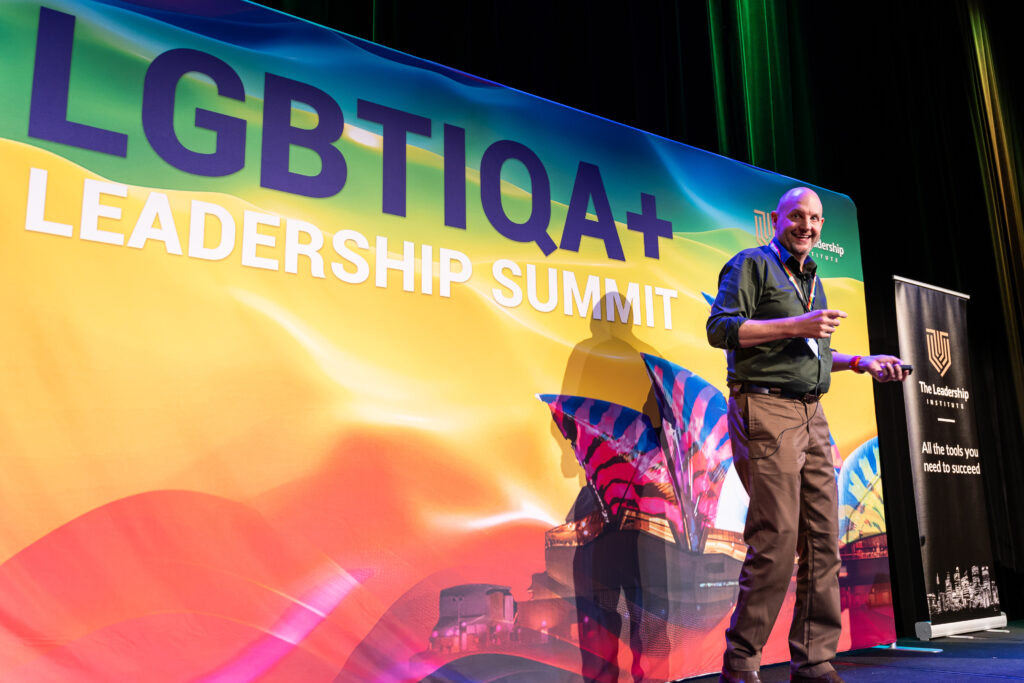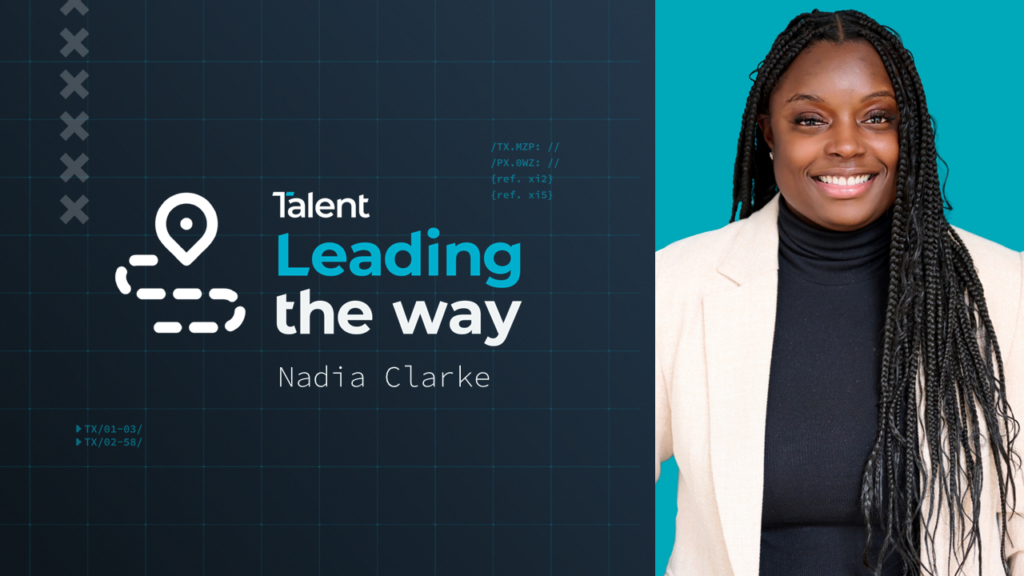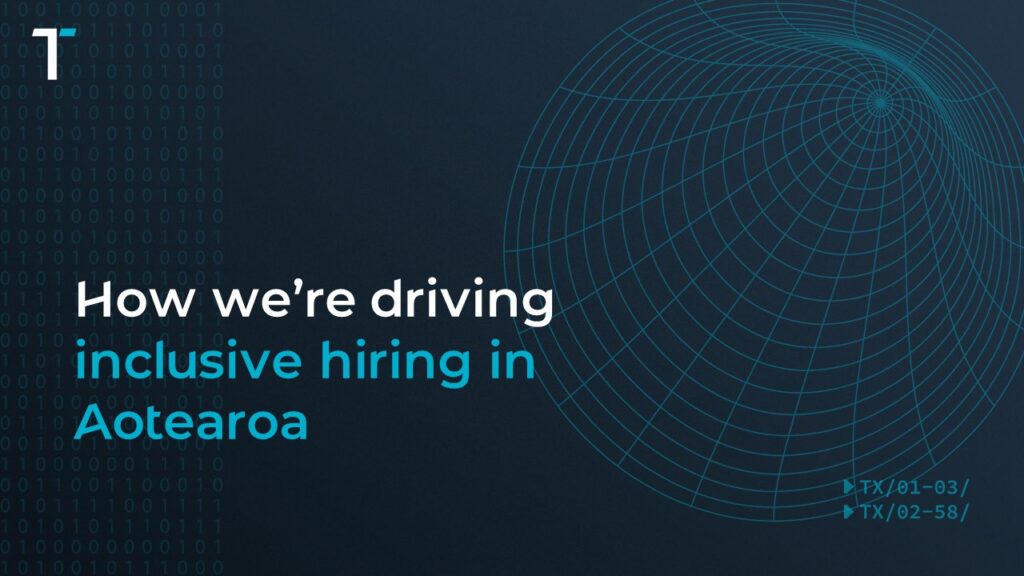Empowering Excellence: Celebrating Black Female Leadership in a Male-Dominated Industry
In this installment of our Leading the Way series, we speak to Talent’s own Finance Manager, Nadia Clarke. Nadia is an experienced financial executive with a remarkable ability to navigate and lead organizations through diverse projects while establishing robust infrastructure within the business.
Throughout her career, Nadia has been a key supporter of high-growth start-ups and has actively contributed to strategic initiatives that have had a significant impact across various business functions. From implementing cost control measures to drive revenue growth to positively influencing business performance, Nadia has played a pivotal leadership role in numerous organizational transactions.
Read on and discover how Nadia has built her career as a specialist in niche FinTech hiring and, as we recognize Juneteenth, how there’s still progress to be made for the inclusion of and opportunities given to the Black community in these industries.
Tell us a bit about how you started your career and the journey that led you to your current role as Talent’s Finance Manager.
I started my career in the accounting department of a distribution company, where I gained valuable experience in financial management. After a couple of years, I then transitioned into the tech industry, working with a Danish start-up company which provided me exposure of international markets. I was able to operate in these global markets, and adhere to international accounting regulations, while learning to scale and grow their business.
As I moved on to work with more start-ups, I focused on providing structure to help them scale effectively. My career journey eventually led me to Talent, where I now serve as the Finance Manager. At Talent, my role involves working closely with the business to manage growth and expectations. Here, the focus is on long-term profitability and managing growth, as opposed to answering investors. It’s an exciting and challenging role that allows me to apply my expertise in finance to drive the company’s success.
Building a career in finance, within an industry that’s lacking racial diversity and is heavily male dominated, what are some of the challenges you’ve overcome and how have you learned to overcome these obstacles?
In my experience, some challenges I have faced are being treated as if I am not enough and ignored. Another challenge is finding mentors in the finance community. I don’t find many men willing to mentor women, and the small number of female leaders who have made it don’t seem to want to share their knowledge. While those experiences have been unfortunate, I’ve learned not to take them personally. It mainly shows the individual’s insecurities and does not reflect me.
What does Juneteenth mean to you and what are some ways that you’ll be celebrating?
Juneteenth is symbolic to how my ancestors struggled to have fundamental rights and freedoms, which many people take for granted today. I use that time to reflect on past traumas, uplifting our innovators, and celebrating how beautiful and diverse our culture is. I like to celebrate by attending cultural events around the city, visiting museums or shows, and finding art highlighting Black culture.
What are some ways that organizations can amplify and encourage Black leadership in the workplace?
Creating racial equity by embracing diversity and inclusion is a start—not just having a policy but also taking action. Showcasing diversity at the top of an organization makes a strong statement and shows true commitment. Organizations need to reevaluate their recruiting strategies and focus on training those employees to get there. Creating safe spaces is critical. Whether that’s through inclusive policies, open communication, or promoting representation, those can help address the challenges in the workplace. ERGs (Employee Resource Groups) help bridge the gap between underrepresented employees and the organization.
What’s a piece of advice you’d like to pass on to other Black female leaders, managers, or aspiring young professionals?
Networking is key! Always strive to grow your personal and professional network. I find that in this day and age, many people play it safe. Maybe out of fear of failing or rejection, but as the saying goes, “closed mouths don’t get fed.” Take control of your destiny and invite people to virtual or in-person coffee. I also like to volunteer, where I meet great professionals willing to give back and mentor. One thing I practice is never to stop being a student. Whether it’s through podcasts, books, videos, or conferences, make sure your mindset is constantly evolving.
Lastly, what are some actionable ways we can all practice non-prejudiced recruitment strategies?
We can start by addressing the unconscious bias in the hiring process. The first actionable step is to expand recruiting efforts that tap into new talent pools such as city colleges in underserved areas. These colleges or communities could have incredibly gifted professionals who don’t have the resources for broader exposure.
It is also important to address unconscious bias among hiring managers. By raising awareness of bias and encouraging them to think outside the box when considering candidates, we can open the door to individuals from different industries that possess transferrable skills which can be invaluable in other roles.
Additionally, we can incentivize the referral process to encourage more diverse candidates into the mix. There should be a greater incentive for referring candidates from underrepresented backgrounds, including women, people of color, and non-US citizens, to further help diversify our talent pool.
Most importantly, there must be support for professionals in underrepresented groups such as mentorship programs and access to company-sponsored education. This support can help ensure that everyone has equal opportunities for growth and development. This is something Talent already provides through the “Learn Anytime” benefit, which gives every employee access to study leave and where agreed upon with their manager, financial support from the company to undertake their study course, which ensures employees have the tools and support we need to succeed.
By implementing these actions, we can practice more inclusive recruitment processes and create a better world of work for all.



